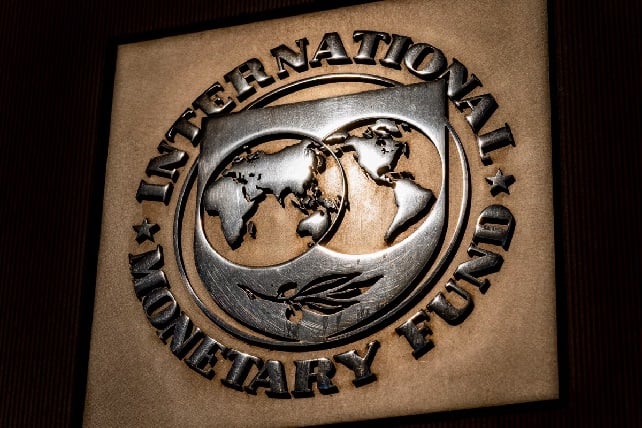The International Monetary Fund (IMF) has disclosed that most banks in Ghana that suffered capital shortfalls following the Domestic Debt Exchange (DDE) have successfully met or exceeded their recapitalisation targets by the end of 2024.
This revelation comes from the IMF’s latest Country Report, which highlights the progress made by the financial sector in recovering from the shocks of the debt restructuring exercise. However, the report also noted that a handful of institutions—among them a state-owned bank—remain behind schedule despite shareholder capital injections.
“The BoG has intensified the monitoring of and remedial and/or corrective measures against five private and state-owned banks which have not complied with the recapitalisation requirements as of end-December 2024,” the IMF stated.
“These banks have fallen behind on their recapitalisation schedule due to a mix of unmet capital commitments, increased Non-Performing Loans (NPLs), and incomplete booking of credit impairments identified under BoG’s 2023 asset quality assessments,” it added.
The IMF stressed that all banks have committed to achieving a 13 percent Capital Adequacy Ratio (CAR) by the end of 2025, without any regulatory forbearance. According to the report, banks that have already fulfilled their 2024 capital requirements are on track to meet the full CAR target within the agreed timeline.
“In addition, they are implementing updated recapitalisation plans accepted by BoG and addressing previous weaknesses and/or more recent performance slippages, towards meeting the end-2025 timeline for full compliance,” the report noted.
To enforce compliance, the Ministry of Finance has included measures in the March 2025 budget specifically aimed at ensuring that state-owned banks behind schedule meet their obligations. Meanwhile, the Bank of Ghana continues to apply a tiered enforcement strategy, scaling up pressure on lagging banks where necessary.
“Banks with capital shortfalls are also restricted from excessive risk-taking and from making certain capital expenditures. BoG stands ready to deploy other components of its Prompt Corrective Action (PCA) framework if it becomes necessary to help promote safety and soundness of the sector,” the IMF warned.
The report reinforces the BoG’s commitment to maintaining financial stability and ensuring the resilience of Ghana’s banking system in the face of economic recovery efforts.


